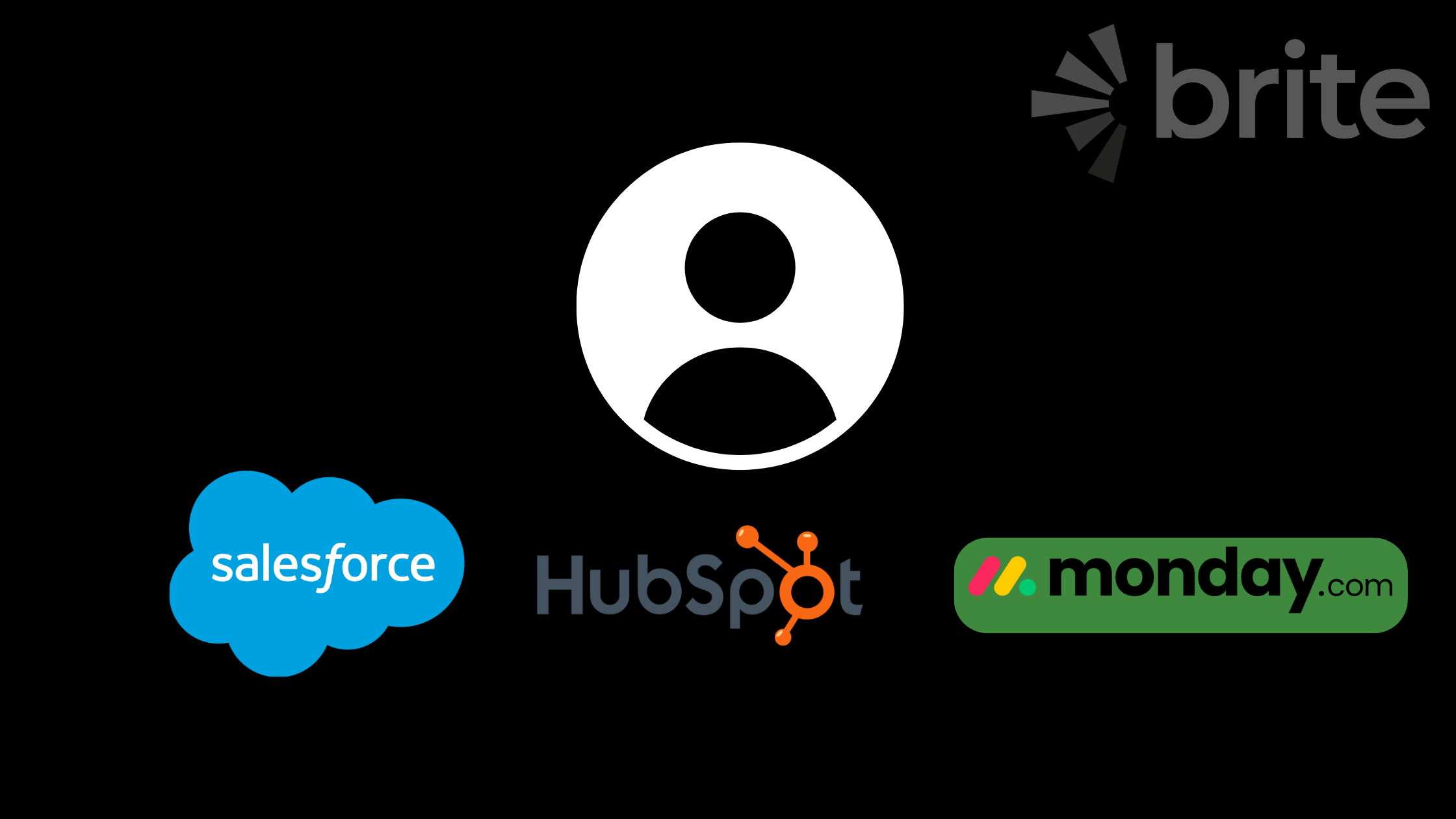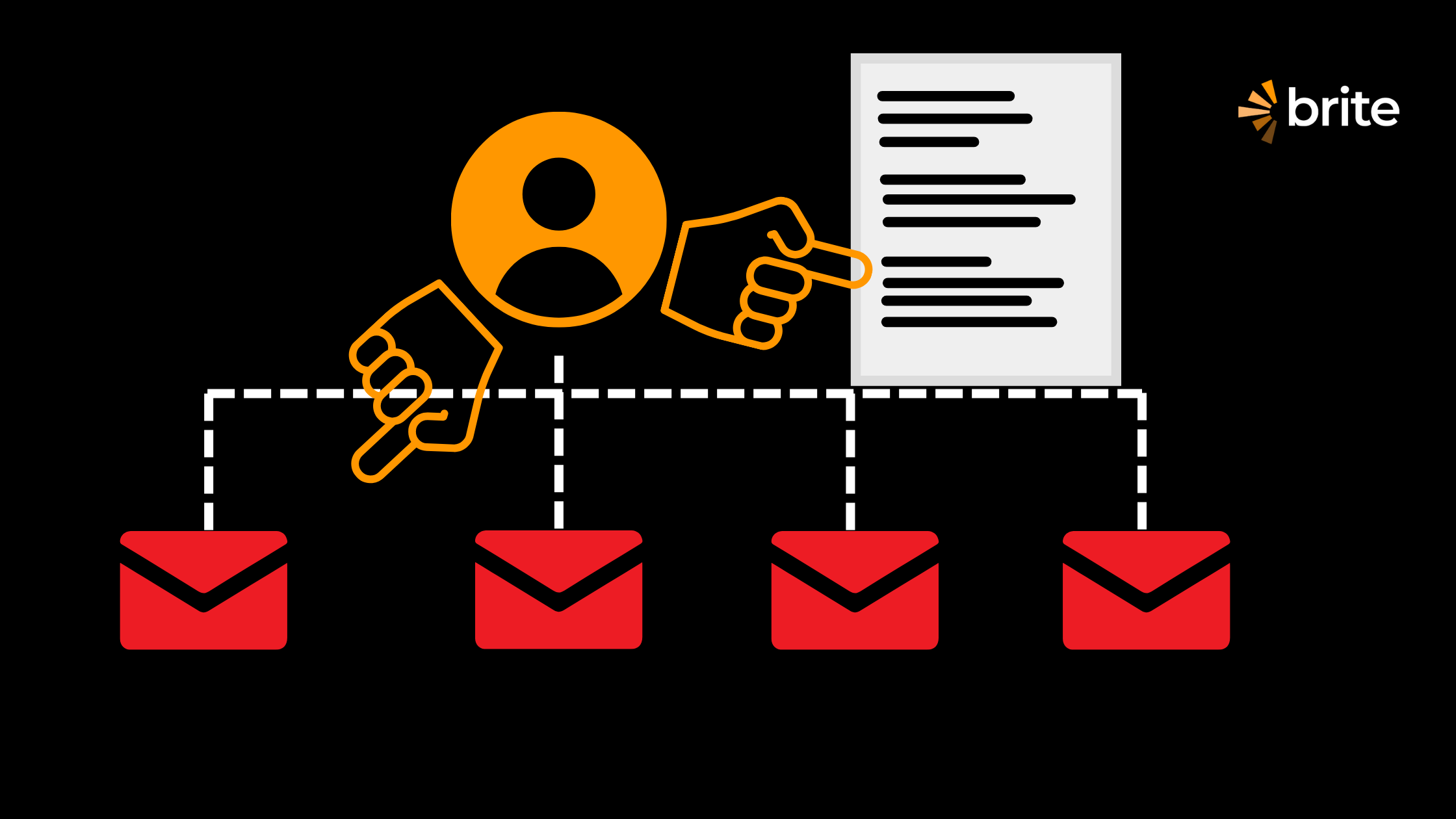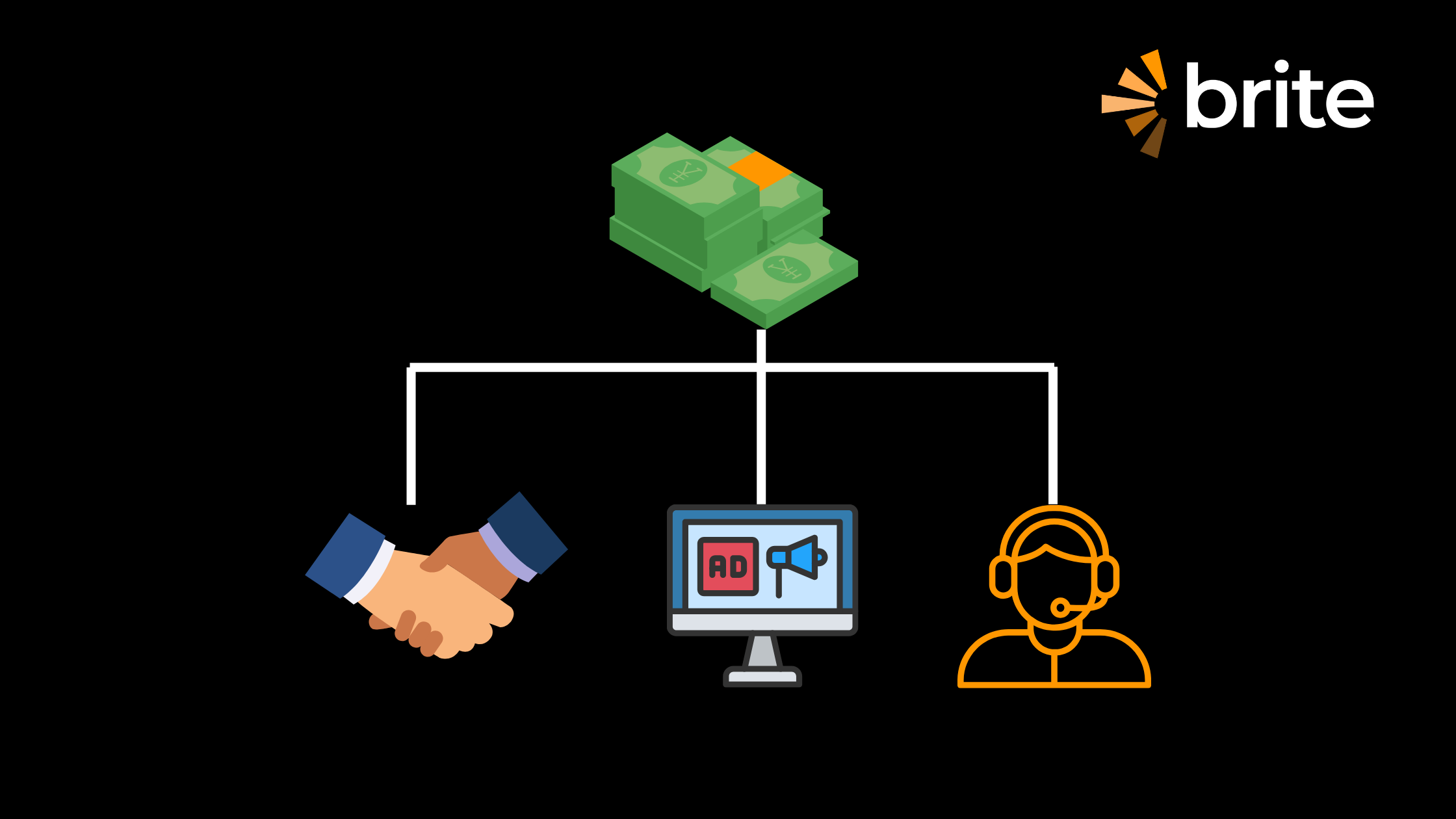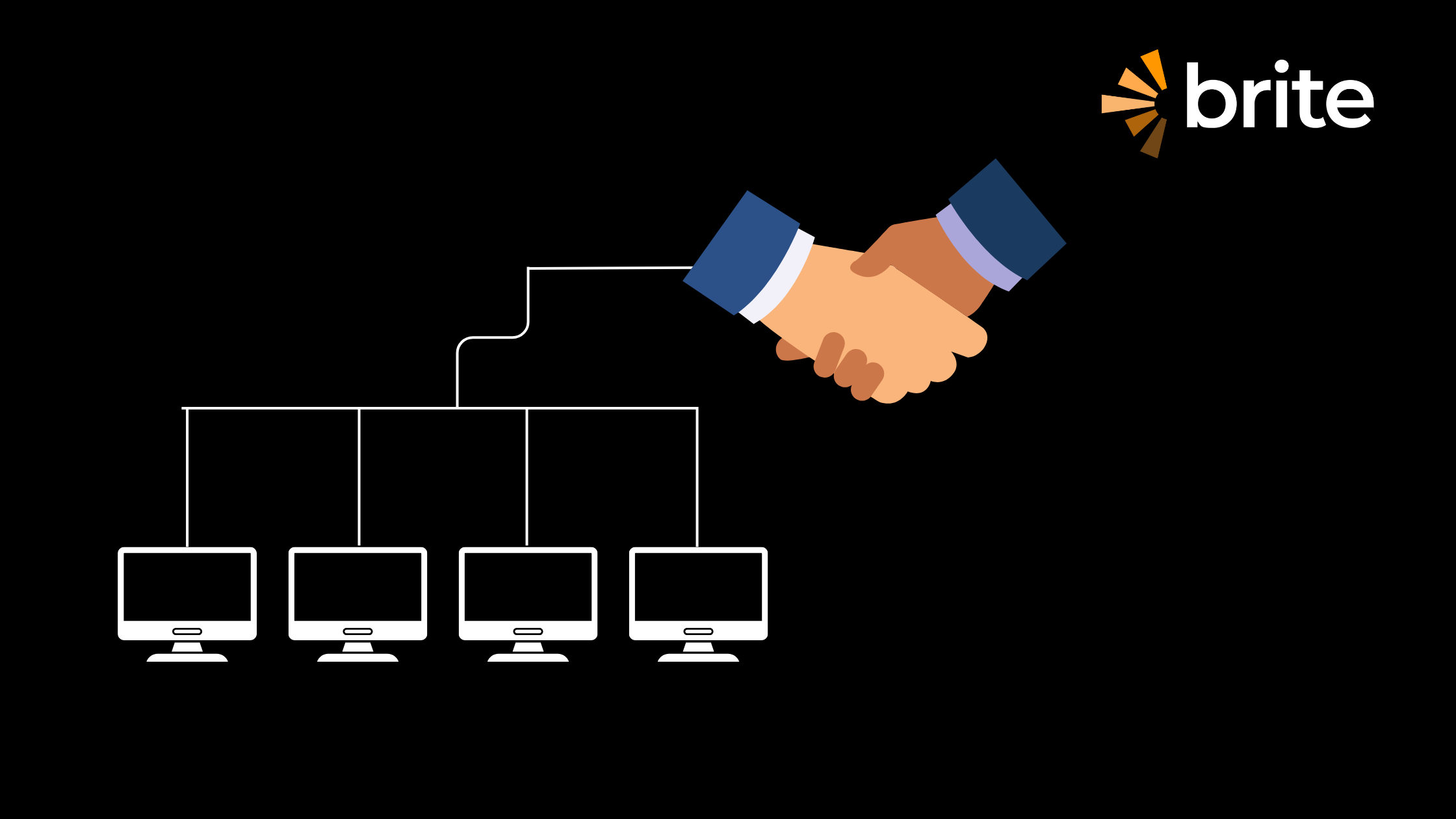
Did you know the world’s first “CRM” tech was probably the Rolodex?
For those who don’t remember that little gadget, it was a circular object in which a sales rep could place physical information cards with details on each of their leads or clients (picture below).
Back then, every sales rep would hold and manage their own Rolodex, updating cards with new information for new and existing clients. It was more or less a portable file cabinet.
Reps could pass on cards to other salespeople if they wanted to transfer a lead. Sometimes salespeople would even steal cards from each other’s Rolodex cards to poach clients. You might remember a couple of famous scenes from 80s movies where that happened.
We found this handy article for you on the history of the CRM for more details on how this tech developed.
Once CRMs became centralized software systems used by entire companies to manage the entire customer relationship, it suddenly became its own job. Obviously, salespeople couldn’t and weren’t managing individual CRMs for themselves.
Today, savvy businesses hire CRM Administrators to manage their relationship management systems like Hubspot or Salesforce. They learn every single occult piece of knowledge there is to learn about these systems and make it their job to keep up with any new updates that may be implemented. It is also the responsibility of the CRM Manager to migrate a CRM to a new system if they find it is no longer serving the company.
Why Hire a CRM Administrator?
CRMs like Salesforce and HubSpot have so many capabilities and integrations these days that it becomes a full-time job for any organization just to maintain them.
You could theoretically farm out work across multiple roles, but then you’d run into a “too-many-cooks” scenario: Permissions handed out willy-nilly, and no one knowing where anything is in the system.
Aside from simply being able to rest easily about your CRM operations. Most businesses also experience benefits like:
- Improved operational efficiency – If every SDR knows how to access needed lead/client information quickly, they can spend more time doing their job and less time on clerical tasks.
- More aligned sales and marketing through shared data insights – With a clean CRM, your business can more easily track the flow of marketing leads as they flow over to SDRs for conversion.
- Revenue growth – By optimizing for leads and customer lifecycles, your business can double down and focus on activities that actually grow revenue.
Brite’s Requirements For CRM Admins
Below are the basic requirements we use at Brite for all of our CRM Admin positions:
- Experience with any CRM and a desire to work within multiple systems.
- Comfort with learning new software with a quick grasp of technical concepts.
- Ability to develop and maintain low-code automations & processes using our established toolset.
- Ability to troubleshoot and resolve technical issues.
- Ability to provide technical support to the internal team, including resolving escalated cases from the member support team.
- Ability to document technical processes and procedures for low-code development.
- Ability to stay up-to-date on the latest advancements and best practices in low-code development.
- Ability to work on multiple projects simultaneously.
Qualifications:
- Bachelor's degree in a technical discipline or equivalent professional experience.
- 4+ years of experience with CRM platforms such as Salesforce Sales Cloud and HubSpot.
- Up to 2 years of experience working with low-code development platforms.
- Strong analytical and problem-solving skills.
- Excellent communication and collaboration skills.
- Ability to work independently and as part of a team.
- A passion for learning and staying current with new technologies.
Technical Skills (Preferred)
- Experience with popular low-code platforms (Make, Zapier, and Salesforce Flow).
Normal CRM Specialist Core Responsibilities
The main job of a CRM administrator is to maintain, configure, and optimize the CRM platform, whether that be Salesforce, HubSpot, or Zoho. Common responsibilities include:
- Ensuring data integrity, performing system updates, and managing user access and permissions.
- Integrating CRM with other tools (marketing automation, email, customer support platforms, etc.).
- Overseeing the collection, storage, and use of customer data to ensure it’s clean, accurate, and actionable.
- Creating segments for personalized campaigns and customer journey mapping.
Monitor customer interactions and track engagement across touchpoints.
- Generating reports and dashboards on customer behavior, campaign performance, and sales pipelines.
- Providing insights to inform business decisions and optimize marketing and sales strategies.
- Tracking KPIs such as customer lifetime value, churn rate, and lead conversion rates.
How to Prepare for Interviewing a CRM Administrator
When interviewing a CRM Admin, you want to establish that they have:
- An analytical thought process.
- The ability to handle low-code processes and stay abreast of new technologies.
- Preferably, an ability to work within multiple different CRMs and a willingness to learn about new tech in the space.
We recommend asking questions like this:
- Tell us about one time you helped optimize the processing of leads flowing from sales to marketing? What did you do to ease the process? What did you learn? How did your employer benefit?
- What current low-code development are you following right now? How do you think low code is evolving in regard to lead management?
- How do you think CRMs are evolving? Is there new technology in the space that you are interested in? How should companies implement it?
Interested in Hiring a CRM Admin For Your Business?
Book a call with us if you’re ready to get your CRM operations together under one position. We’re more than happy to discuss how one of our skilled candidates could aid your business as it grows!






